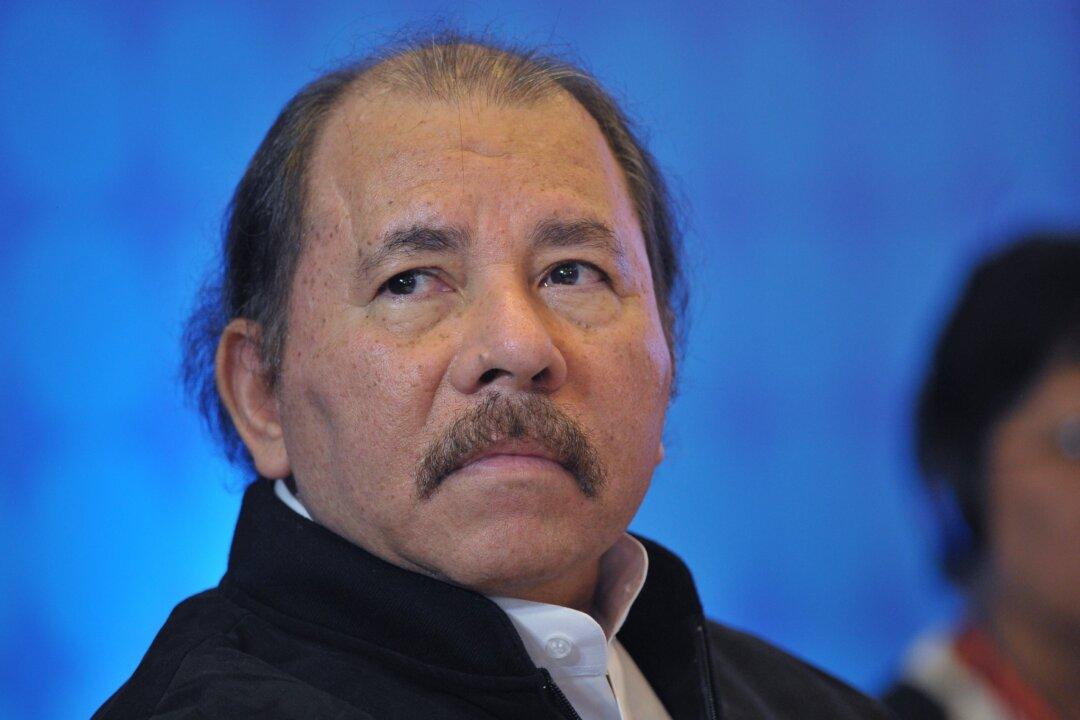The United States has imposed sanctions against Nicaraguan Attorney General Wendy Carolina Morales Urbina over allegations she was complicit in “ruthless” oppression under President Daniel Ortega’s regime.
The U.S. Treasury Department’s Office of Foreign Assets Control (OFAC) announced the sanctions in a March 21 press release, noting they target a “key actor in the Nicaraguan regime’s unjust persecution of political prisoners and civil society within the country.”




